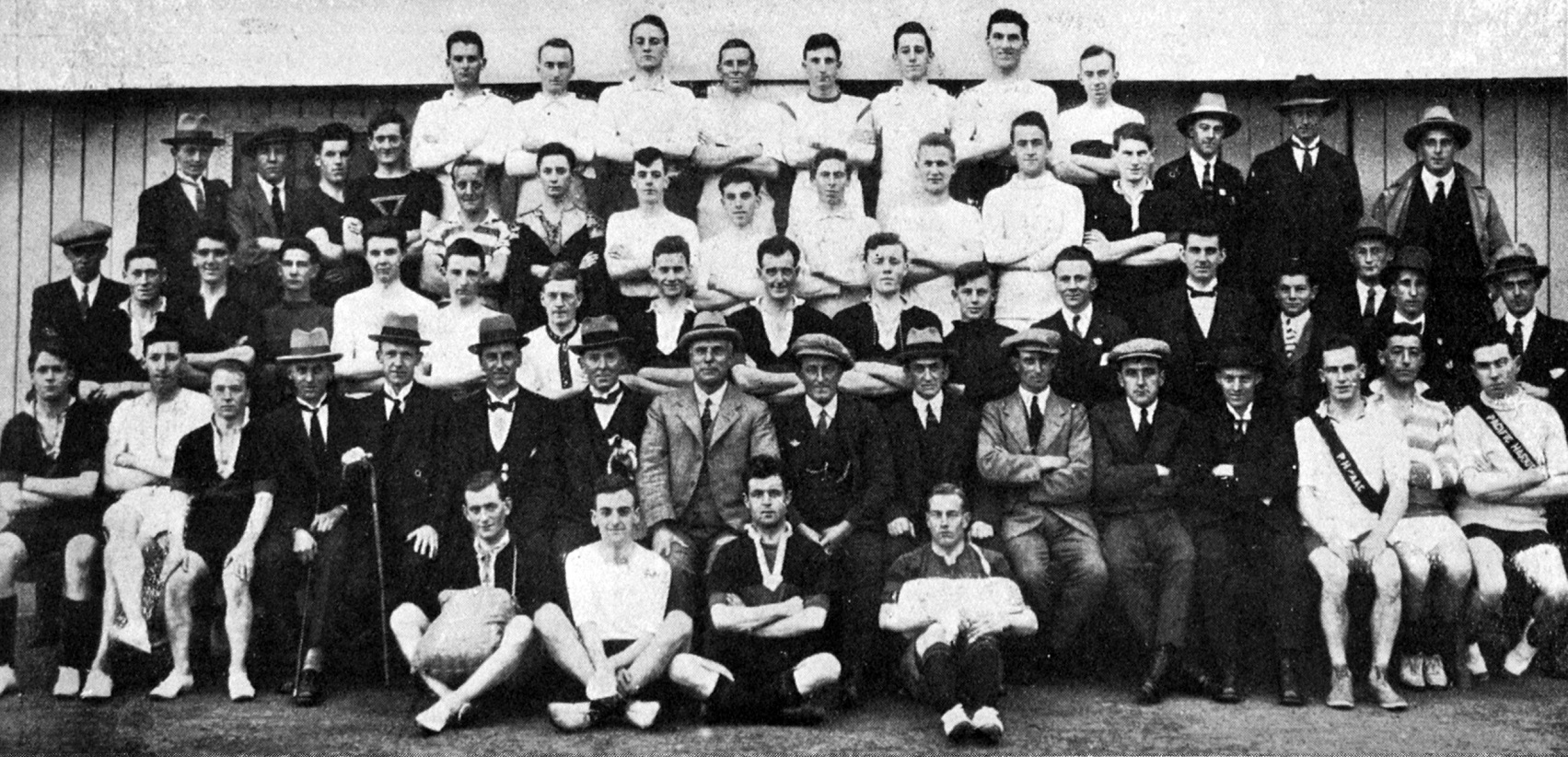
Petrol not what it used to be
Most motorists are aware that the character of their petrol has altered greatly since pre-war times, simply because they have greater difficulty in starting up from cold and the odour of the fuel is not the same.
A writer who claims to have analysed the petrol used in 1915 and the petrol of today as supplied under the same brand gives the following comparisons: 1915: Ether 45 percent, naphtha 35 percent, benzine 13 percent, kerosene 7 percent. 1922: Ether 20 percent, naphtha 75 percent, benzine 25 percent, kerosene 20 percent.
If these be reliable figures they account for the greater starting difficulty, since the reduction of ether content and the increase of paraffin oil not merely have reduced the volatility of the fuel, they have altered the entire character. The exhaust from the 1922 fuel is more offensive if accompanied by any faulty carburation, in which case there also will arise danger of adulterating the cylinder lubricant and unconsumed petroleum.
High spirits on the platform
Those present at the departure of the 8.30 express on Saturday morning we surprised to see three dungaree-clad figures leap into a carriage just before the train left. From the noises that occurred within, the imaginative might have been excused visions of film train robbers, but it was soon known that the invasion was actuated by nothing more than high spirits and good feelings, for the victims were a newly-wed couple, and the "assaulters" the railway workmates of the bridegroom. The men made good use of the time, and much confetti was showered upon the couple, who had evidently hoped to slip away quietly. — ODT, 9.4.1923
Compiled by Peter Dowden












